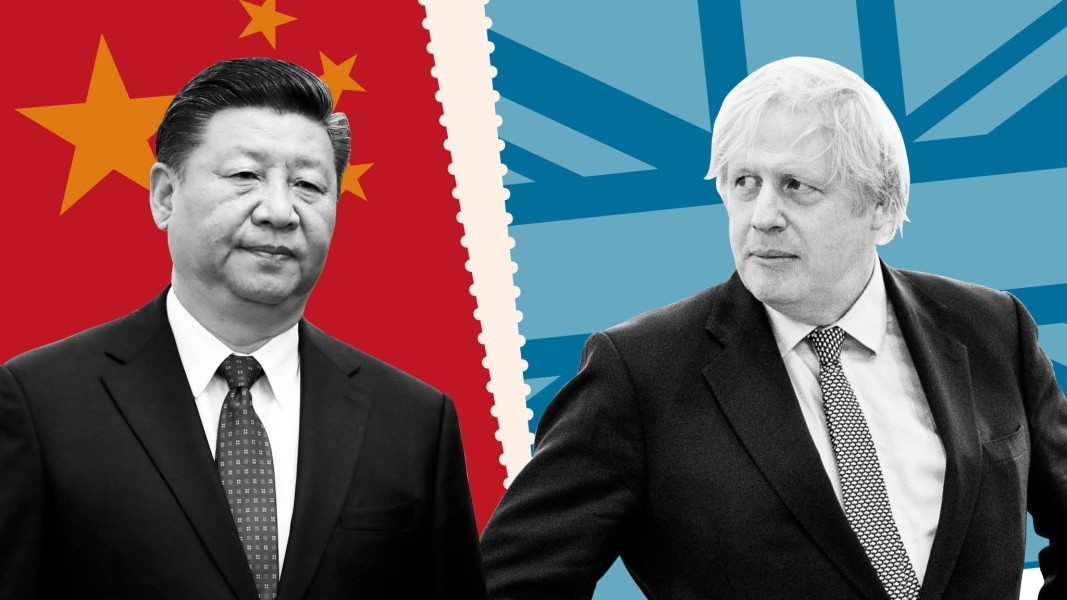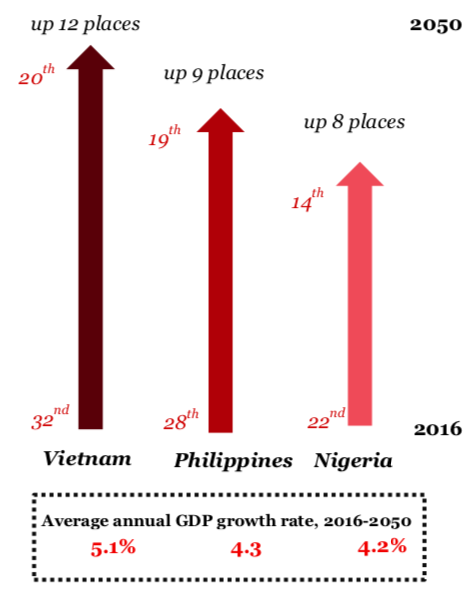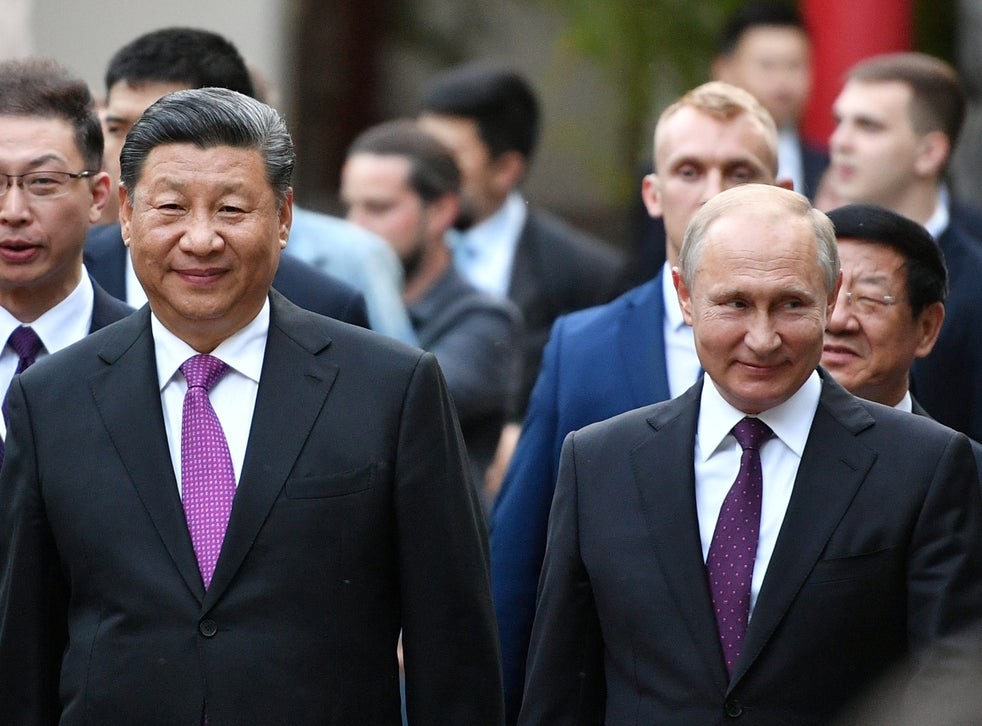Bruges Group Blog
Britain outside Europe; The need for a fundamental, multilateral based UK Indo-Pacific Policy
By stating that the UK should prepare for a no-deal Brexit as both sides refused to compromise, the Rt Hon Michael Gove produced a shattering rebuke to Macron's hardliner posture over the negotiations. This change of tone from the Chancellor of the Duchy of Lancaster exhibits an overdue realisation that Britain must have a plan for all eventualities regarding transport, air travel and financial regulations. However, one area which is still in dire need of a comprehensive strategic plan for the future is Britain's foreign policy, specifically the Indo-Pacific region.
This region represents a prime opportunity for our post-Brexit agenda of international outreach, global influence and trade. Already world leaders in research and development, the region is expected this year to contribute 50% to world GDP in part due to its economic resilience to Covid-19. This forms part of a larger trend of increasingly dominant Asian economies.
Data shows that by 2050, 4 of the 5 largest economies in the world will be in the Indo-Pacific region, with the EU dropping from 15% to 9% of the global share and India effectively taking its place. Even now Asia accounts for approximately 20% of both UK exports and imports. The possibility then of UK inclusion in the Trans-Pacific Partnership (TPP), through Japanese support, would increase this share dramatically by gaining open access to 40% of the world's economic output and be the centre of a significant economic transformation, delivering huge opportunities for a Global Britain to maximise trade and investment.
Yet, it is the rise of state-on-state competition in the South and East China Seas and surrounding land areas, as well as economic benefits, that gives the UK a chance to regain an active role in global affairs; shaping the regional security landscape instead of remaining mere spectators of its transformation. More specifically, challenging China's increasing aggression in the region and globally.
It doesn't take the most-eagled eyed analyst to notice China's growing assertiveness in the region, but what continues to shock the world is how blatant and thinly veiled these provocations are. Under the personal authoritarian rule of President Xi, atolls have been turned into fortresses, international demarcations lines have been violated and sovereign nations threatened. In recent weeks, China's aggression towards Taiwan has escalated to a level unprecedented in modern times, brazenly denying the existence of the Taiwan Strait median line and holding a large-scale invasion simulation on Taiwan's National Day. In response Washington has approved $15bn of arms sales over the past 2 years, as Taiwan looks to strengthen its resolve; determined not to succumb to the fate of the once free Hong Kong.
It is not though just regionally where President Xi is chasing his own fantasy to be emblematic of a 21st century Mao, but also in the international power structures. China's use of 'wolf warrior' diplomacy and debt ransoming to intimidate other countries through its Belt and Road initiative has led to its control of 4 of the 15 UN agencies; agencies which help to set standards on things as diverse as air travel and agriculture. More disturbing though was its election to the UN Human Rights council despite having international verified concentration camps within its own borders and state sponsored oppression of freedoms. Something achieved through debt leverage over Commonwealth African states and was recently highlighted when the UK failed to defeat a Cuban-sponsored statement at the UN Human Rights Council supporting the new oppressive security laws in Hong Kong.
These actions – the international violations, aggressive military exercises -with the active growth of Chinese military bases abroad such as Gwadar or Djibouti contrasts greatly to the actions that the UK has taken in response; being usually lacklustre or giving no comment at all with no real consistent aims or agenda. A fundamental Indo-Pacific policy would change this.
Such a policy framework should recognise the return of major power competition at sea as a strategic and normative challenge to security in the form of Chinese aggressiveness. In light of this challenge the policy should articulate its agenda around 3 core factors. These being: meeting and expanding current treaty obligations, supporting old and new regional allies and upholding democratic values across the region.
The UK should leverage its existing multilateral and bilateral agreements, drawing upon a mix of national efforts and information sharing with allies to enhance its intelligence capabilities. These agreements include the UK-Japan trade deal, the Five Eyes (FVEY) arrangement and UN organisations such as International Maritime Organisation (IMO). The government should also look to have a permanent deployment of naval power in the region, instead of the infrequent deployments which we see now. Working with allies such as Australia, Japan and Singapore, the UK could become a resident power in the region, exerting trade and economic influence through naval patrols since maritime awareness is key to operating in the region. A larger presence would also enable the UK to conduct Freedom of Navigation operations, challenging Chinas claims in the South China sea and shaping regional security by regularly supporting good order at sea.
Whilst it is easy and understandable to dismiss these arguments as not newsworthy in light of focusing on the negotiations with the EU and the fallout from Covid-19. The government is already facing pressure over its lack of effort to forma working relationship Joe Biden in the event that he is elected to US President. The successful signing of the UK-Japan trade deal is a move in the right direction, but policy formulation is still slow. The very nature of the UK's future profile as Global Britain and an international leading actor is likely to be defined in the Indo-Pacific region. It is imperative that we look beyond the Suez for an Indo-Pacific agenda to cement our new global position.
Will the government also miss this opportunity to create 'Global Britain'?
Contact us
246 Linen Hall, 162-168 Regent Street
London W1B 5TB
Director : Robert Oulds MA, FRSA
Founder Chairman : Lord Harris of High Cross









